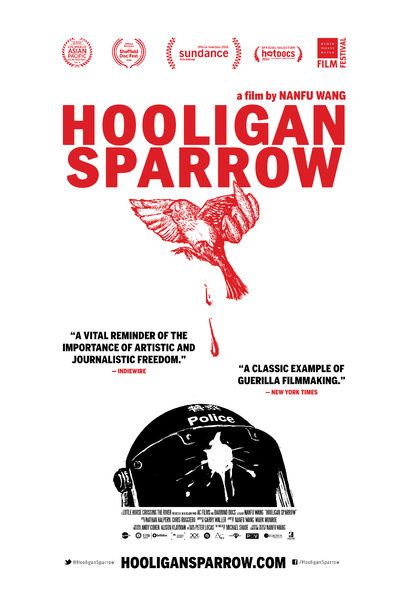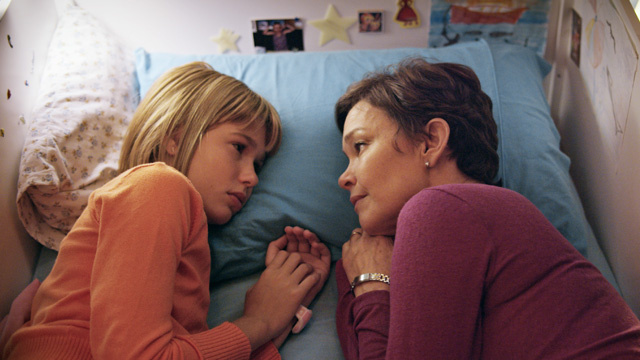Annie Award Nominations: Kubo, Zootopia, The Red Turtle...
 Tuesday, November 29, 2016 at 1:16PM
Tuesday, November 29, 2016 at 1:16PM Nominations for the 44th annual Annie Awards have been announced. Zootopia leads with 11 nominations with Laika's Kubo and the Two Strings just behind with 10 nominations. Because the Annies have two separate feature categories (the regular one plus an "indie" category which basically means "foreign") you can probably safely assume that the eventual Oscar lineup will be some mishmash between the two.
nominees and more after the jump...






